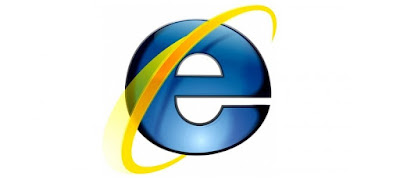Safari is a graphical web browser made by Apple Inc. based on the Webkit engine which was originally intended specifically for the Mac OS operating system. Safari
was first released on the desktop in 2003 with Mac OS X Panther
installed and is the default web browser on the operating system since
Mac OS X v10.3. The mobile version has been bundled with iOS devices
since the iPhone was introduced in 2007. Safari is a browser default on Apple devices. Previously from 1997 to 2003, Mac OS X used Internet Explorer for Mac as the default web browser. From
June 11, 2007, to 2012, preview versions of Windows suitable for
Windows XP and Windows Vista from Safari were introduced at Apple's
World Developer Conference in San Francisco.
Until
1997, Apple Macintosh computers had shipped only with Netscape
Navigator and Cyberdog. Internet Explorer for Mac and Mac OS 8.1 has
only recently been used as the default web for Mac OS 8.1 as part of a
five-year agreement between Apple and Microsoft. However, Netscape
Navigator continues to be included. During that time, Microsoft released
three major versions of Internet Explorer for Mac along with Mac OS 8
and Mac OS 9, although Apple continued to include Netscape Navigator as
an alternative. After that, Microsoft released Mac OS X edition of
Internet Explorer 5, which was included as the default web browser on
all Mac OS X released from Mac OS X DP4 to Mac OS X v10.2.
On January 7, 2003, Steve Jobs announced that Apple had developed its own web browser based on the KHTML browser engine called Safari. They released the first beta version that day and several other beta versions followed up to version 1.0 which was released on June 23, 2003. Initially available as an application that was downloaded separately and then combined with Mac OS X v10.3 when released on October 24, 2003, as default web and Internet Explorer for Mac are only included as alternatives. Since the release of Mac OS X v10.4 on April 29, 2005, Safari has been the only web browser included in the operating system.
On January 7, 2003, Steve Jobs announced that Apple had developed its own web browser based on the KHTML browser engine called Safari. They released the first beta version that day and several other beta versions followed up to version 1.0 which was released on June 23, 2003. Initially available as an application that was downloaded separately and then combined with Mac OS X v10.3 when released on October 24, 2003, as default web and Internet Explorer for Mac are only included as alternatives. Since the release of Mac OS X v10.4 on April 29, 2005, Safari has been the only web browser included in the operating system.




